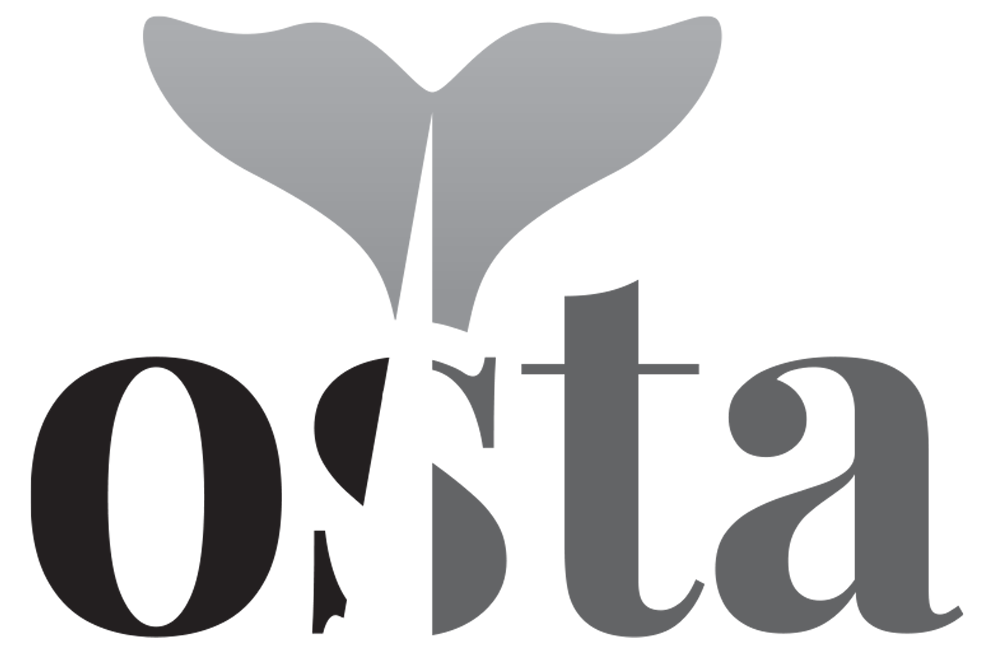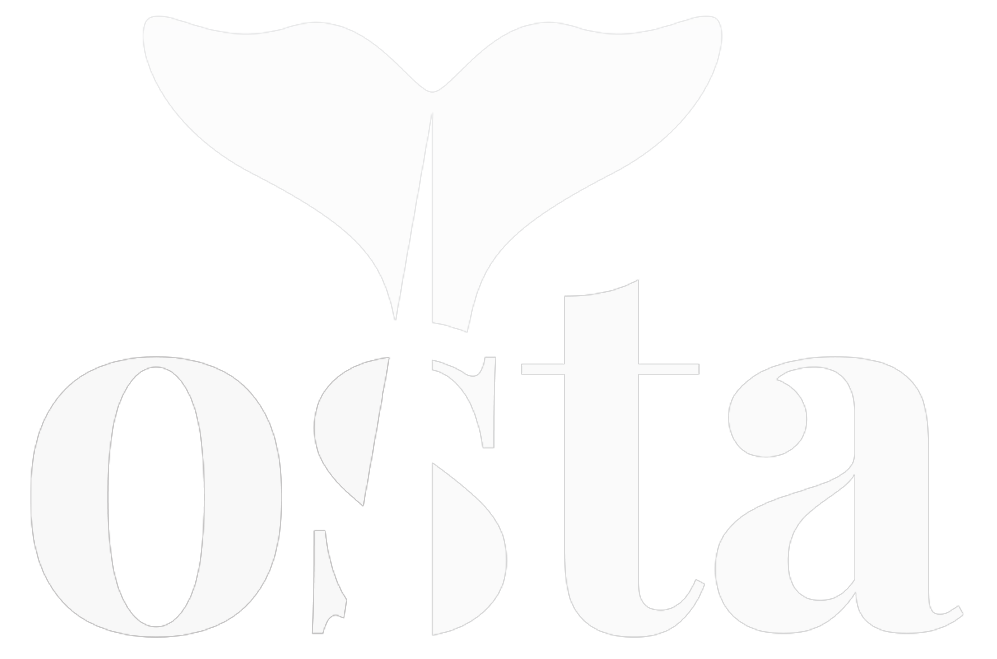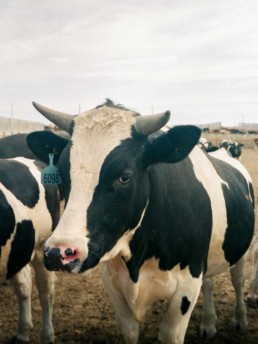Wat Dieren Gelukkig Maakt
Verplichte beschutting voor weidedieren vanaf 2029
De Vlaamse Codex Dierenwelzijn 2024 introduceert verplichte beschutting voor weidedieren, wat zo’n 800.000 weidedieren in Vlaanderen betreft. Zowel natuurlijke als kunstmatige beschutting is toegestaan. De wet treedt in werking op 1 januari 2029, na een overgangsperiode van vijf jaar.
De eerdere wetgeving omtrent beschutting voor paarden was vaag, wat leidde tot inconsistente toepassing. Hierdoor werd niet altijd adequate bescherming geboden. De nieuwe wet brengt verbetering, maar laat nog steeds ruimte voor interpretatie over wat in de praktijk als aanvaardbare beschutting geldt.
Om het welzijn van weidedieren optimaal te waarborgen, zijn duidelijke richtlijnen essentieel. Deze richtlijnen moeten concrete definities bevatten voor effectieve beschutting, zodat er geen twijfel bestaat over de vereiste voorzieningen.
802.679 dieren
345.716 koeien
265.497 paardachtigen
191.466 schapen en geiten [1]
__
Veel grazende dieren in Vlaanderen verblijven momenteel buiten zonder toegang tot beschutting.[2] De Vlaamse Codex Dierenwelzijn vereist nu dat alle dieren die buiten worden gehouden beschutting krijgen. Deze wijziging treft ongeveer 802.679 weidedieren, waaronder 345.716 koeien, 265.497 paardachtigen en 191.466 schapen en geiten. De wet bepaalt:
*’**Art. 10 §3**. Ieder persoon die een dier houdt, verzorgt of te verzorgen heeft, zorgt ervoor dat de dieren die buiten gehouden worden over natuurlijke of kunstmatige beschutting beschikken.*
*De Vlaamse Regering kan hierover nadere regels en uitzonderingen bepalen.’*
Verantwoordelijken krijgen tot 1 januari 2029 de tijd om adequate beschutting te voorzien in weilanden en buitenruimtes voor deze 800.000 Vlaamse weidedieren.
Verplichte beschutting voor weidedieren
In de afgelopen jaren tot 2029 was en is de wetgeving met betrekking tot het bieden van beschutting voor paarden enigszins onduidelijk. Dit bemoeilijkte de handhaving van dierenwelzijnsregelgeving, vooral voor paarden in weilanden zonder geschikte beschutting. De kern van dit probleem ligt in een clausule in de wetgeving, die stelt dat beschutting voor paarden alleen noodzakelijk is als ze ‘niet opgestald kunnen worden’.[3] Deze maas in de wet stelt paardeneigenaren in staat de wet te omzeilen door te beweren dat hun paard ‘elders opgestald kan worden’, zelfs als dit niet het geval is, waardoor ze hun verantwoordelijkheid om adequate beschutting te bieden kunnen ontlopen.
De invoering van een duidelijkere verplichting, die stelt dat paarden altijd toegang moeten hebben tot beschutting, is een belangrijke verbetering die de eerdere maas in de wet aanpakt. Er is echter nog steeds onduidelijkheid over wat een aanvaardbare beschutting is voor alle soorten weidedieren. De term ‘natuurlijke of kunstmatige beschutting’ vereist niet expliciet de constructie van een schuilhok. Er bestaat de mogelijkheid dat eigenaren de aanwezigheid van bomen in de weide, ondanks hun beperkte bescherming, als voldoende beschutting zouden kunnen aanvoeren. Dit zou het doel van de regelgeving ondermijnen, wat idealiter de constructie van een degelijke, door mensen gemaakt schuilhok inhoudt.
Om dit op te lossen is het cruciaal om duidelijke richtlijnen op te stellen om ervoor te zorgen dat de geboden beschutting adequaat en effectief zijn in het beschermen van weidedieren tegen barre weersomstandigheden. Deze richtlijnen moeten minstens specificeren dat het schuilhok voldoende ruimte biedt voor alle dieren, inclusief een comfortabel en droog gebied waar ze kunnen liggen. [5]
[1] Voor gegevens over het aantal paarden, schapen en geiten in Vlaanderen, raadpleeg de sectie ‘De Vlaamse Dierenpopulatie’ op de website (Dierenlandschap, Dierenhorizonten). De schatting van de rundveepopulatie is gebaseerd op de landbouwcijfers in het Statbel-rapport ‘Kerncijfers landbouw’, (2022, 16).
[2] Aanvullende informatie is te vinden in de Toelichting bij Artikel 10, Paragrafen 3 en 4, van de Vlaamse Codex Dierenwelzijn.
[3] Art. 10 §4, van de Vlaamse Codex Dierenwelzijn bepaalt: ‘Paardachtigen die buiten worden gehouden en die niet kunnen worden opgestald, beschikken over een natuurlijke beschutting of een schuilhok’.
[4] De Waalse Codex Dierenwelzijn (Artikel D.10) en het ontwerp van Brusselse Codex Dierenwelzijn (Artikel 2.5) bieden meer gedetailleerde vereisten inzake beschutting dan de Vlaamse Codex Dierenwelzijn.


